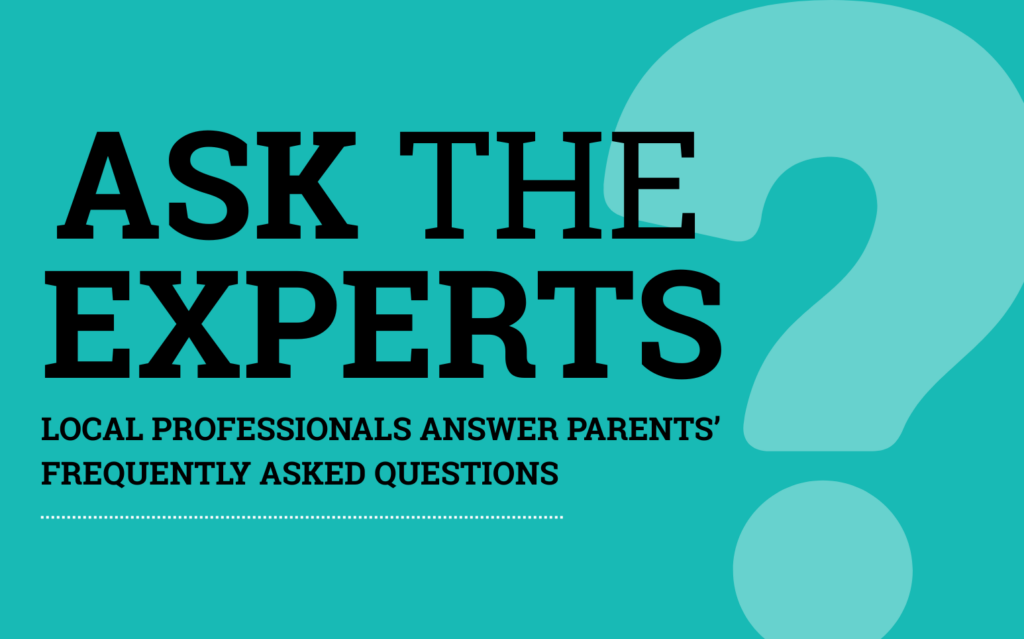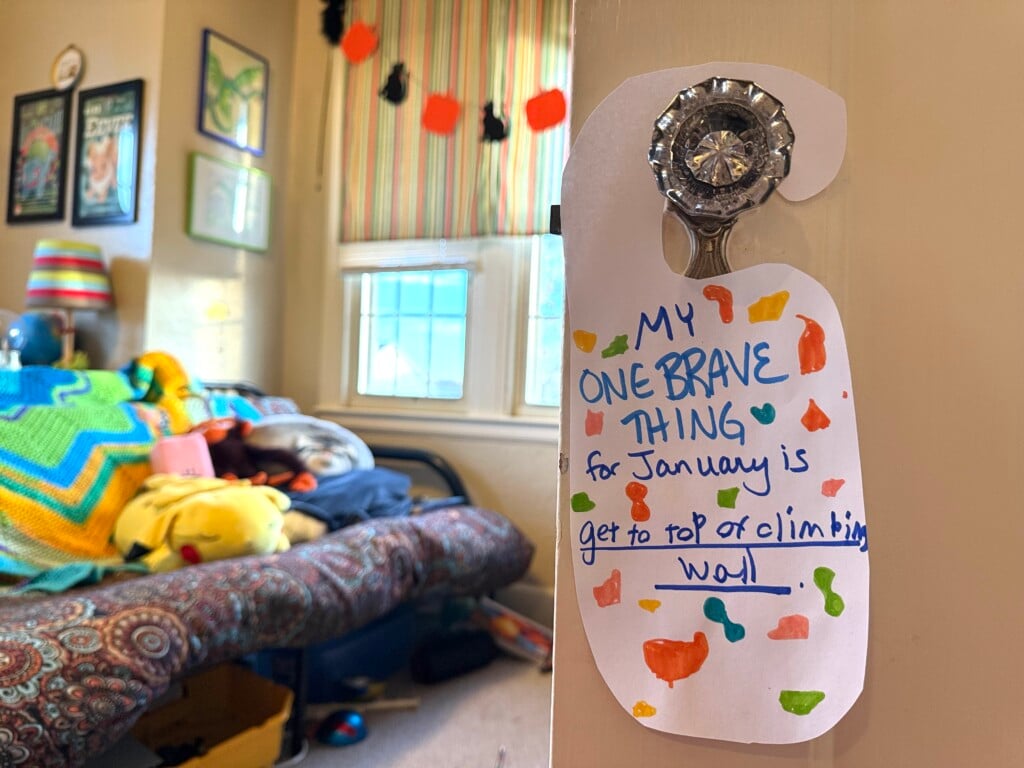Gentle Parenting? Positive Discipline? Which Approach is Best for You?

The same week Jennifer Mullin found out she was pregnant, she ordered a book on positive parenting. She knew she wanted to parent her son differently than she had been raised, so she read books and blogs, soaking in as much information as she could about positive discipline and gentle parenting.
“I wanted my son to love me and trust me – and not be scared of me,” she said.
Mullin, a Tulsa mom of a now 6-year-old boy, said she’s applied a lot of what she read in those early days, but she continues to adapt her parenting and discipline style as her son grows.
Approaches to discipline have changed a great deal over the years as each new generation of parents works to do what they believe is best for their children.
You can find pros and cons to most styles of discipline, though neglectful or uninvolved parenting is wrong across the board. But other styles have some wiggle room when it comes to what will work for your family.
Dr. Sara Coffey, Anne and Henry Zarrow Endowed Leadership Chair of Psychiatry and Behavioral Sciences at OSU Center for Health Sciences, also serves as the medical director for the Oklahoma Child and Adolescent Psychiatry and Mental Health Access Program.
Coffey said much has changed since the days when “spare the rod, spoil the child” was the norm. This type of authoritarian parenting takes away the parents’ opportunity to teach and guide a child through problematic behavior.
Gentle parenting, on the other hand, seeks to understand the child’s feelings and reasonings.
“Gentle parenting, in my experience, is based on mutual respect,” Coffey said. “There’s an emphasis on the connection between parent and child.”
And like all things, the pendulum can swing too far with this approach, particularly when parents let their kids’ behavior go unchecked.
“Parenting is one of the hardest jobs any of us will do. And sometimes in these movements we don’t acknowledge the role of the caregiver,” Coffey said. “It’s important to know, ‘Sometimes I miss the mark, and guess what? That’s OK.’”
Changing Perspectives
Science, a conscious desire to “do better” and our intuition have all led to changes in how some Millennials and Gen-X families parent.
Conversations about “spoiling the baby,” that decades ago were common, are today antiquated.
“Even in the world of mental health, we used to think because babies don’t have language it doesn’t matter as much. But there’s so much data to show how important those early life experiences are,” Coffey said.
One of the strengths and tenants of the gentle parenting approach is connection. Coffey said that connection and understanding between parent and child is something parents can lean on.
“[In parenting] it can feel like you’re doing OK and then you lose your footing. That’s where the relationship really matters,” Coffey said.
She explained that the phrase “it’s not the rupture, it’s the repair” is often used in early childhood circles. It’s a wonderful way of understanding that when things go wrong, it’s important to leave space for your child to apologize or for you to apologize to your child. Having a firm foundation, and the tools to work through problems, can help with that repair after a meltdown, outburst or argument.
Though gentle parenting or authoritative parenting are today considered the healthiest parenting styles, Coffey said that could change in 20 to 30 years. And when a new, niche style of parenting comes into play, parents will have to decide if it works for them.
No one parenting style will fit every family, an idea to which Coffey can personally attest.
“I have two children who are completely different. I have to attend to their individual needs,” she said.
And rather than judging another parent for what may seem like bad parenting, Coffey said it’s important to not shame or make others feel bad.
“We have to recognize we all have our own journeys,” she said.
Mullin understands that sentiment, noting that she’s no longer angry with her parents for her strict upbringing, but she also knows she wants better for her son.
Parenting Styles
Three main parenting styles were established by psychologist Diana Baumrind in the 1960s. In the 1980s, a fourth category (neglectful) was added.
Authoritarian
This strict, control-based form of parenting is heavy on punishment and weak on empathy. Children in authoritarian families are often deprived of affection and attention and are resentful of their parents when they become adults.
Authoritative
Not to be confused with the authoritarian model, authoritative parenting balances rules and independence. Authoritative parenting allows for children to express their opinions and for parents to set expectations for their children to behave. It offers a warm, encouraging environment for kids.
Permissive
Indulgent or permissive parenting is the opposite of authoritarian parenting. It allows children to set their own rules, with a lack of family structure. Children often end up rebellious and with little self-control.
Neglectful
As the name implies, neglectful parenting refers to parents who have little involvement in their children’s lives. They are often detached from their children’s social and emotional lives. Children in neglectful homes are more susceptible to depression and delinquent behavior.
Other Parenting Styles
Beyond the parenting styles recognized by the American Psychological Association, there are other popular and niche parenting styles.
Attachment Parenting
This parenting style is popular with some parents of babies and toddlers. It promotes the idea of bonding and closeness between babies and parents, including through baby wearing, breastfeeding and, sometimes, bed sharing. It can sometimes cause stress or anxiety to parents who feel guilt for needing or wanting time away from their babies.
Gentle Parenting
Similar to authoritative parenting, gentle parenting is the updated approach to this style that sets rules but provides a loving environment for kids. Gentle parenting often involves validating a child’s emotions without punishing poor behaviors. When followed too loosely, kids can end up being the ones in charge, leaving them feeling less secure.
Helicopter Parenting
Anxious parents may unknowingly fall into this style of parenting where they often jump in to help their children solve problems. This type of parenting can sometimes cross the line from protection to intrusiveness, leading to either resentment or a co-dependent relationship.
Free-Range Parenting
Some parents have turned to free-range parenting in defiance of helicopter or attachment parenting. Others simply don’t mind giving their children more independence, which could mean riding their bikes in the neighborhood by themselves or letting them play in the back yard while you are inside. Free-range is not the same as neglectful because free-range parents put an emphasis on the emotional attachment with their children while giving them more physical space to roam free.




